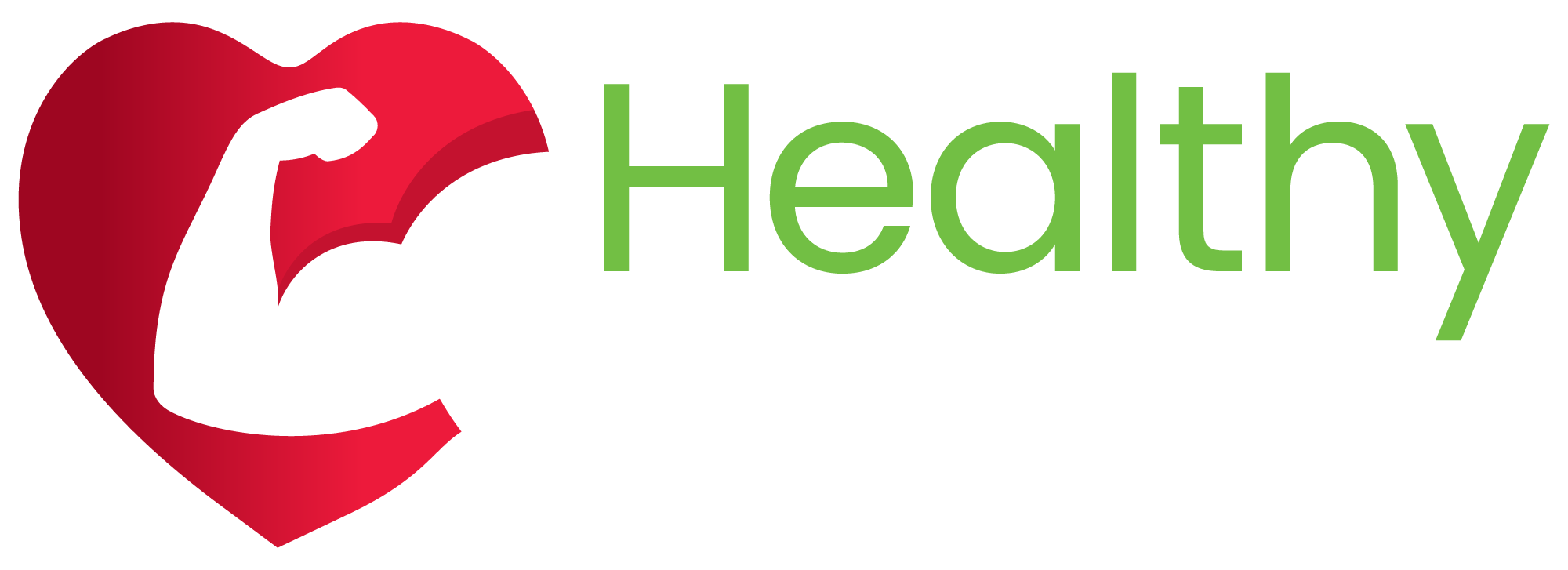As the CEO of a company or a busy professional, you’re constantly on the go, making important decisions and juggling multiple tasks at once. To keep up with the pace, it’s often tempting to reach for that extra cup of coffee. But have you ever stopped to wonder how much caffeine is too much?
Caffeine is a well-known stimulant consumed by millions of people worldwide every day. Coffee, the most common source of caffeine, accounts for 90% of daily caffeine intake. However, while moderate consumption can have benefits, excessive intake can pose potential risks to your health.
The Effects of Caffeine on the Human Body
Caffeine, a natural stimulant most commonly found in coffee, tea, and cacao plants, affects the human body in various ways. It primarily impacts the central nervous system, offering several benefits while also posing potential risks when consumed excessively.
Caffeine is known to enhance cognitive function, improve mood, and increase metabolism. However, too much caffeine may have negative effects, especially in susceptible individuals such as those with hypertension, children, adolescents, and the elderly. High caffeine consumption can lead to insomnia, jitteriness, upset stomach, increased heart rate, and even muscle tremors.
Interindividual differences also play a role in caffeine metabolism and its effects on the body. For instance, some people may feel jittery and awake after only one cup of coffee, while others may not feel the effects until they’ve had several cups.
Positive Effects of Caffeine
- Enhanced Alertness and Concentration: Caffeine is known to block the inhibitory neurotransmitter adenosine in the brain, leading to increased neuronal firing and the release of other neurotransmitters like dopamine and norepinephrine. This results in improved mood, alertness, and cognitive function.
- Increased Metabolism and Fat Burning: Caffeine can boost the metabolic rate and increase fat burning in the body, contributing to weight loss efforts.
- Physical Performance Boost: By stimulating the nervous system to signal fat cells to break down fat, caffeine can enhance physical performance by making this fat available as fuel.
- Reduced Risk of Certain Diseases: Some studies suggest that caffeine may lower the risk of certain diseases, such as Alzheimer’s disease, Parkinson’s disease, type 2 diabetes, and even some types of cancer.
Negative Effects of Excessive Caffeine Intake
- Insomnia: Caffeine can interfere with the sleep cycle by blocking sleep-inducing chemicals and increasing adrenaline production. Overconsumption can lead to insomnia, resulting in an overall decrease in sleep quality.
- Anxiety and Restlessness: High doses of caffeine can lead to jitteriness, characterized by excessive nervousness, restlessness, and shakiness.
- Dependency: Regular intake of caffeine can lead to physical dependence due to its addictive nature. Withdrawal symptoms can include headaches, irritability, and fatigue.
- Digestive Issues: Large amounts of caffeine can lead to gastrointestinal upset, as it stimulates acid secretion in the stomach.
- Increased Heart Rate: Caffeine stimulates the central nervous system, which can result in an increased heart rate. This could be dangerous for people with heart conditions.
Understanding and Monitoring Your Caffeine Intake
To better understand and monitor your caffeine intake, it’s important to know that caffeine isn’t just in coffee. It’s also found in tea, chocolate, soda, and certain medications. The Food and Drug Administration (FDA) considers a daily intake of up to 400 mg of caffeine safe for most adults. However, individual tolerance varies. Here are some essential tips to help you keep track of your caffeine consumption:
- Know the Caffeine Content: Different beverages and foods contain varying amounts of caffeine. For instance, a standard cup of coffee can contain anywhere from 95 to 200 mg of caffeine, depending on factors like brewing time and type of bean. Energy drinks often have more caffeine and sugar than soft drinks. Being aware of the caffeine content in each item can help you accurately calculate your daily intake.
- Maintain a Caffeine Diary: One of the easiest ways to monitor your caffeine intake is by maintaining a log or diary. Note down any caffeine you consume each day, including coffee, tea, energy drinks, and even certain medications.
- Use Technology: There are several apps available that can help you track your caffeine intake, such as Caffeine Tracker. These apps can make it easier to monitor your daily coffee and energy drink consumption.
- Limit Your Intake: According to the FDA, too much caffeine may pose a danger to your health. As little as 100 mg/day can cause dependency. Therefore, it’s crucial to limit your caffeine intake.
- Understand Your Energy Levels: By accurately tracking your caffeine intake, you can better understand how caffeine affects your energy levels.
Tips to Limit Caffeine Consumption
If you find yourself consuming more caffeine than recommended, here are some tips to cut back:
- Gradually decrease your caffeine intake to avoid withdrawal symptoms.
- Opt for herbal teas or decaffeinated versions of your favorite beverages.
- Pay attention to the labels of the food and drinks you consume; they might contain hidden caffeine.
- Stay hydrated. Often, we confuse dehydration with tiredness.
While caffeine can be a helpful tool to navigate through a busy day, it’s crucial to use it responsibly. Know your limits and listen to your body. If you have any concerns about your caffeine consumption, it’s always best to consult with a healthcare professional.
I’d love to hear about your experiences with caffeine. How do you balance your caffeine intake with your busy schedule? Share your thoughts in the comments section below!
Shaun Tucker is the Founder of Healthy CEOs, a revolutionary health movement helping busy people improve their performance through the 5 foundations: Energy, Mindset, Lifestyle, Nutrition & Movement.

